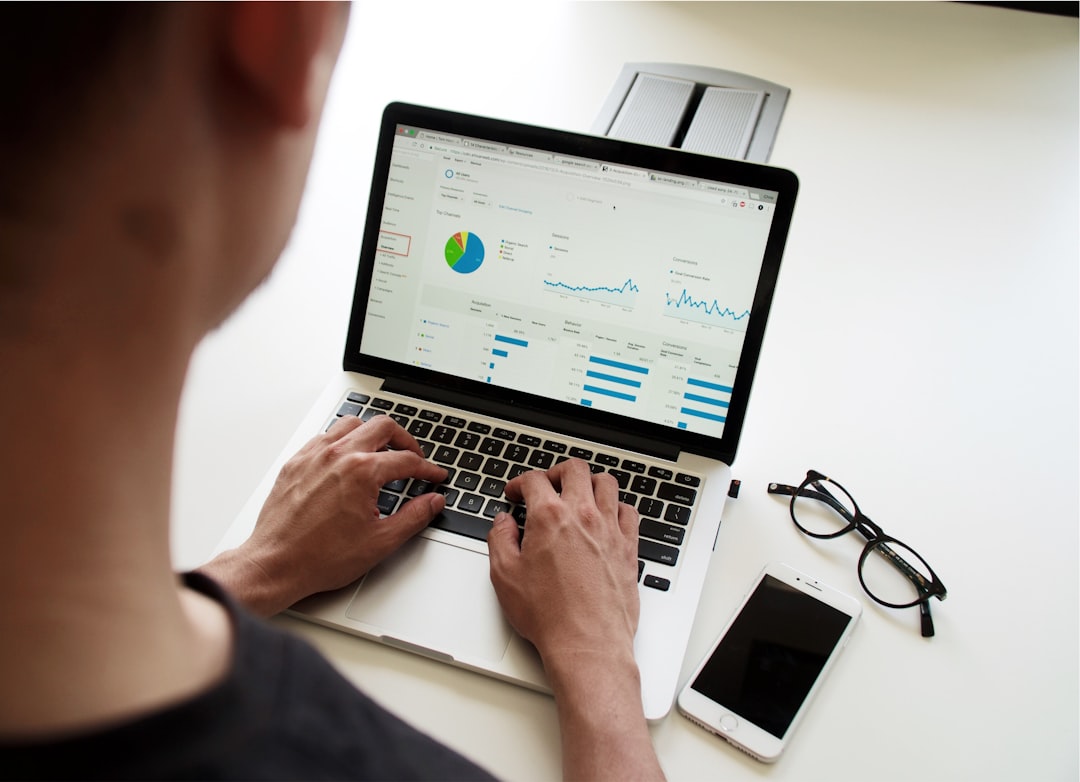
Methods for determining the amount of monetary losses or “fair values” are frequently complex and time-consuming. The ability to detect errors or discrepancies in financial data, analyze their significance, and persuade decision-makers of these findings typically requires more than simply an accountant. That’s why it’s important to bring in a professional with experience dealing with these kinds of cases before going to court.
When accounting mistakes or other financial problems need to be found, it is often necessary to hire a professional forensic accountant who can explain their findings in a way that people who don’t know as much about money can understand.
Comparing the Typical CPA with a Forensic CPA
A typical accountant is someone who focuses on auditing, accounting, taxes, or some other type of reporting. However, a forensic accountant typically has knowledge in all of these areas and more, including finance, economics, law, and investigative tactics, and must not only possess such information but also know how to gather and analyze evidence matter, evaluate and explain conclusions. Forensic services require strong analytical thinking and the ability to communicate both orally and in writing, skills that regular accountants may not have.
Credentials
Certified in Financial Forensics (CFF) qualifications are used in the same way as the Certified Public Accountant (CPA) credential is used to verify an accountant’s skill in accounting practices; specifically, in the analysis of records where fraud or other financial misbehavior is suspected. A candidate for the CFF must also show that they are good at things like forensic accounting, communication, trustworthiness, foresight, knowledge of the courtroom, and investigative intuition.
Expertise
Keep in mind that obtaining certification of competency is only the beginning of your search for a trustworthy forensic accountant. Character and experience cannot be replaced by a resume. In addition to schooling and experience, success in this field also requires a good reputation for being honest, reliable, and determined.
Commitment
The forensic accountant you choose must also be able to give your case their full attention. When forensic accountants take on a new case, they don’t always consider whether or not they’ll be able to handle the volume of work. A dedicated forensic accountant will have taken the time at the beginning to understand the current and future scope of the project. You need to know that your forensic accountant has done their homework and is ready to present and defend their results at every stage. It’s best to bring in a forensic accountant as early as possible in the investigation process so that they have time to learn about the case’s history and come up with a good plan for moving forward.
Competences Unique to Each Individual
Personal qualities are important to think about when hiring a forensic accountant.
That’s confusing; could you explain it?
Put simply, you shouldn’t hire anyone until you and your lawyer feel that you can communicate effectively with them. Your accountant, in a perfect world, would be diplomatic, open, and easy to get in touch with. This is very important if you want an expert witness to help you with your own problem or dispute. Having a sympathetic listener by your side is invaluable when venting about personal difficulties.